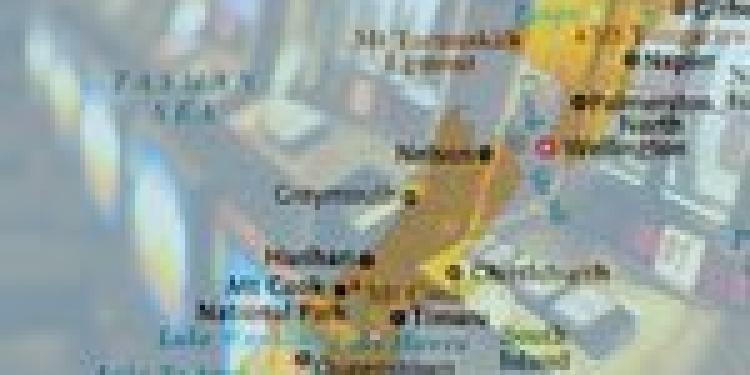New Zealand Tests Facial Recognition Software for Slots
Posted: June 10, 2013
Updated: October 4, 2017
Biometric enforcement of gambling ban coming to Kiwi Land.

Although there are just 7 casinos in the country, there are countless other ways and venues to gamble, including bingo halls, trackside betting and high street sports betting in New Zealand.
Kiwis can also bet on sports over the internet and buy lottery tickets, though there is an absence of poker sites and online casinos in New Zealand.
In spite of all the opportunities for gambling, the country’s problem gambling rate is among the lowest in the world at 0.3%. Nevertheless, efforts are underway to decrease this rate even further.
Under New Zealand gambling laws operators contribute around NZD 18.5 million to the Ministry of Health, much of which is spent on various prevention and treatment projects.
“The community gaming industry exists to fundraise for good causes. To be sustainable, and to continue helping New Zealand communities, it’s essential we have effective problem gambling services which can support people who need help,” said Mike Knell, Chief Executive of the New Zealand Community Trust (NZCT).
One of the new projects funded with this money is a field test of a new facial recognition software, aimed at preventing excluded gamblers from playing the slots.
Created by a company called Positive Outlook, the biometric software is similar those used on the New Zealand and Australian borders to screen out blacklisted individuals. When a player is banned from gaming or opts for self-exclusion, their image is entered into a database. Should they try to play during the exclusion period, the system disables the slot machine, turning it back on when the person leaves the monitored area.
“This software could be an exciting addition to the suite of problem gambling services available, because it puts the ambulance at the top of the cliff and stops excluded gamblers from using the machines at all,” said Knell, adding that “the software is still in the trial phase, but we are optimistic it will be successful. It’s early days in the software’s development, but initial results are very encouraging.”












